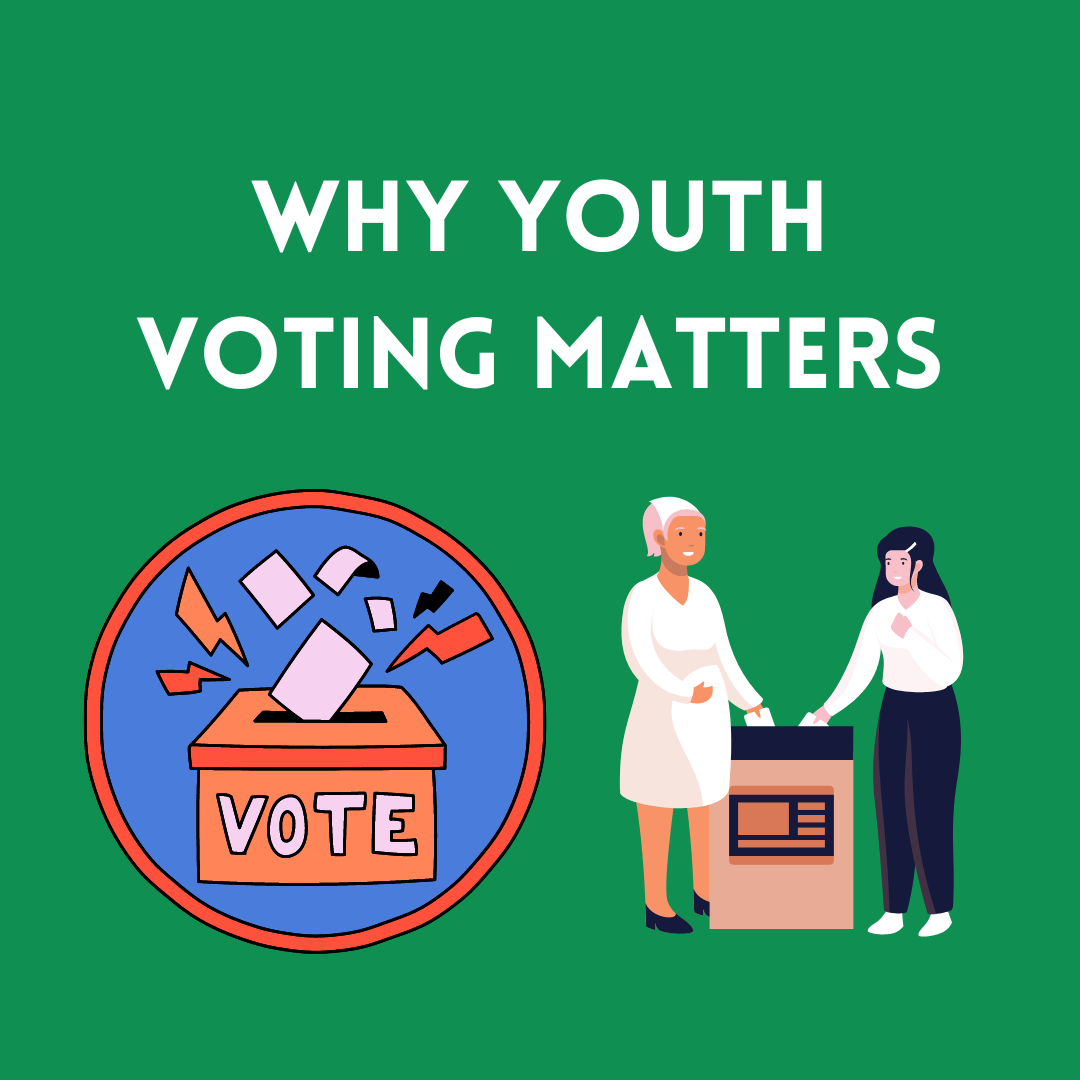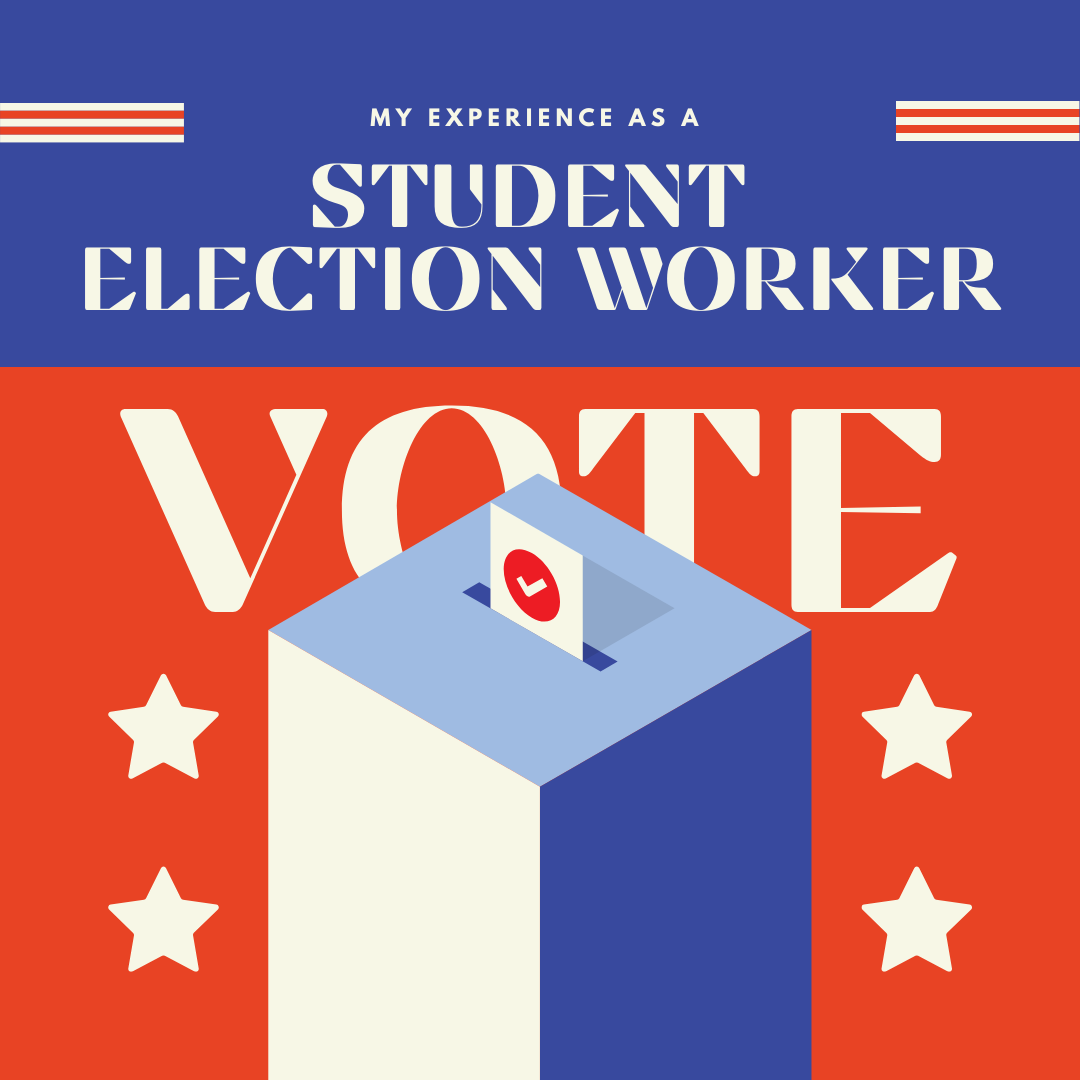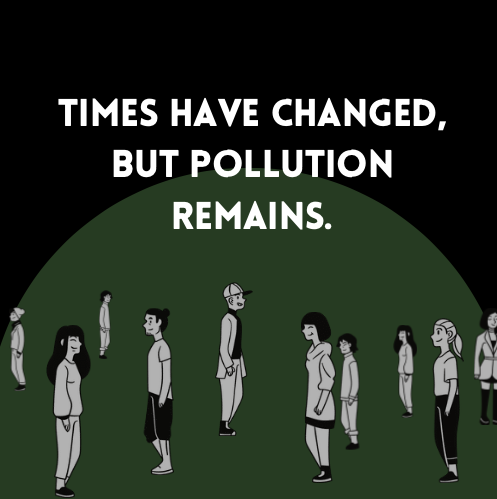Many upperclassmen students at West Ranch will have the opportunity to be first-time voters this year. Whether that be in the California Presidential Primary Election this March or in the Presidential General Election in November, young adults should make it a priority to vote.
Voting is a fundamental part of sustaining a strong democracy, or the power vested in the people. When you’re deciding on a restaurant or a travel destination with your family, you vote on the proposals that matter to you and that you agree with. So, why not do the same with political issues that will impact you in the long term?
“The big thing that I feel is lost in the youth is that we tend to think of things in the short-term, like passing high school and then, maybe going to college for another 4 years, but you don’t realize that after that, the bulk of your life is going to be tied up in your career, in your family and in other issues that are directly impacted by policy,” Mr. Worby, West Ranch AP U.S. Government and Politics teacher expressed. “It’s really important to have some foresight and that even though something isn’t happening to you today, doesn’t mean it won’t impact you in the future.”
Voting now is voting for your future.
Your future and that of future generations are in your hands. What you decide to do today will dictate and influence how the government functions and how each party’s power is dispersed later in history. You can directly impact the societal, economic and social policies that are most important to you by voting on your preferred elected officials―the ones that will deliver on your needs. It’s simple, it’s anonymous and it’s empowering.
Unfortunately, most young people don’t vote.
We, the youth, account for a significant percentage of the voting population, but we’re always more likely to sit out of elections, despite our potential to be leading voices in our democracy.
A poll conducted by the Close Up Foundation reported the voting rates by age from 1980 to 2016. In the 2016 election, only 46.1% of the eligible youth aged 18 to 29 voted, while 70.9% of the older generation aged 65 and older voted―nearly the same statistics as they’ve been for almost 40 years. As a result, older generations gain more leverage on decisions that will impact younger generations, but while keeping their personal interests in mind.
Because people of varying ages often have different priorities, it’s essential that each group informs their elected representatives of what they want, so that politicians can cater to the most favored policies. When we refrain from voting, we fundamentally surrender our influence to people who may have vastly different goals and interests from us.
Senior Jonathan Valles, a politically involved student on campus, emphasized how “it’s important for the youth to vote because then they can send a message to the elected officials about which issues matter most to them.” Valles continued, “Elected officials often don’t understand the issues that matter most to the young voters, and I think that voting will communicate to them that we have a voice as well and that our concerns matter just as much.”
Even for those who are currently under the age of 18 and are ineligible to vote, there are many ways for the youth to make an impact aside from voting.
Simply listening in on the news every night or reading a few political articles throughout the day can get you much further than you think. Mr. Worby explained, “Being involved is being informed, in my opinion. If you’re not paying attention or are refusing to pay attention, which I hear a lot of people say ‘I just don’t want to talk about politics,’ then you’re really removing yourself from the process. Having a general interest in what’s happening doesn’t mean you have to know every single political figure, every single upcoming Supreme Court case, or every single policy issue that is coming up in Congress, but you just need to generally pay attention.”
If you’re looking for a more head-on approach, engaging in activities such as volunteering for political parties, assisting at polling stations and participating in local campaigns—whether through canvassing, phone banking or handling mailers—can offer meaningful opportunities for youth members to actively contribute to the political process and advocate for the causes that they believe in.
Regardless of who you advocate for or end up voting for, youth participation communicates the concerns and priorities of younger generations to elected officials, who may not understand the challenges that they face. By actively participating in elections, we not only amplify our voices but directly influence the policies that will impact our future, allowing for a more representative and responsive future of our political system that will address the needs of each and every citizen.
Valles concluded, “We as the younger generation need to vote in order to send a message to our elected officials and ensure that our system can be better now so that we won’t have to deal with as many of these issues in the future.”
Although I won’t be eligible to vote this March, you’ll most certainly find me turning in my ballot at the polls this November.
For more information on pre-registering or registering to vote, visit this link.







